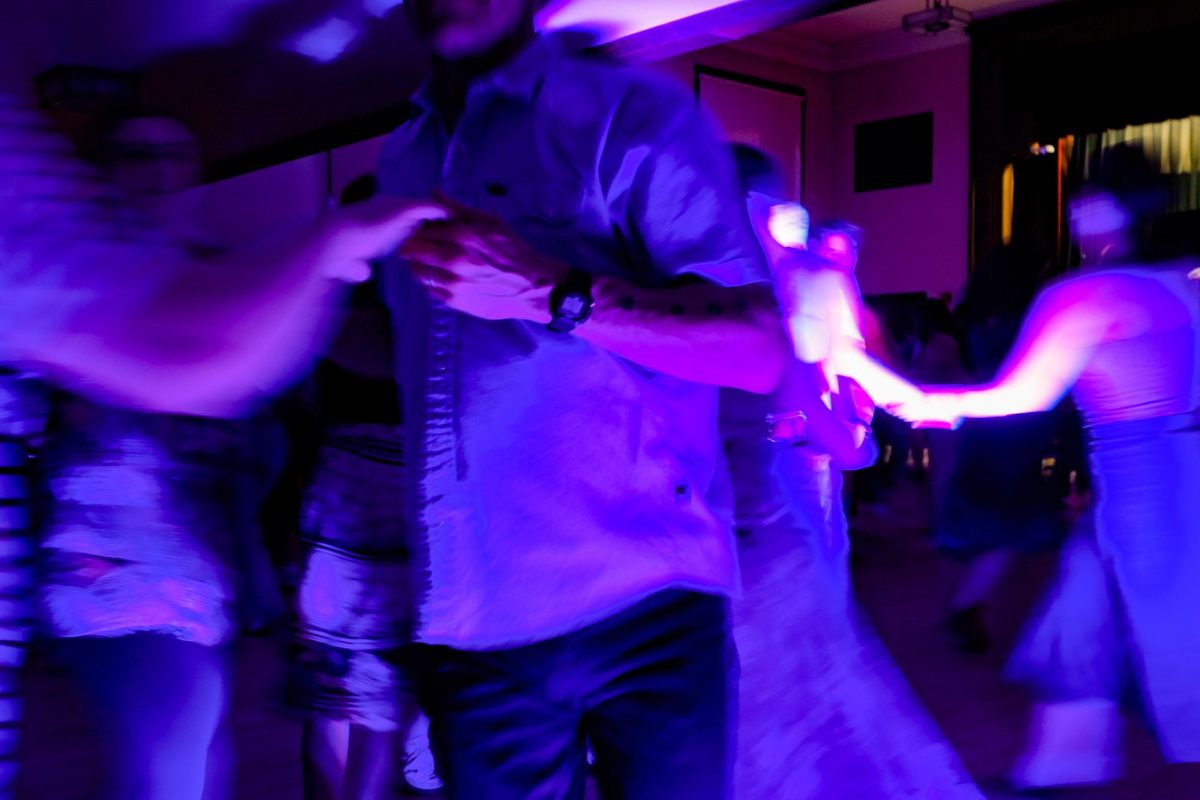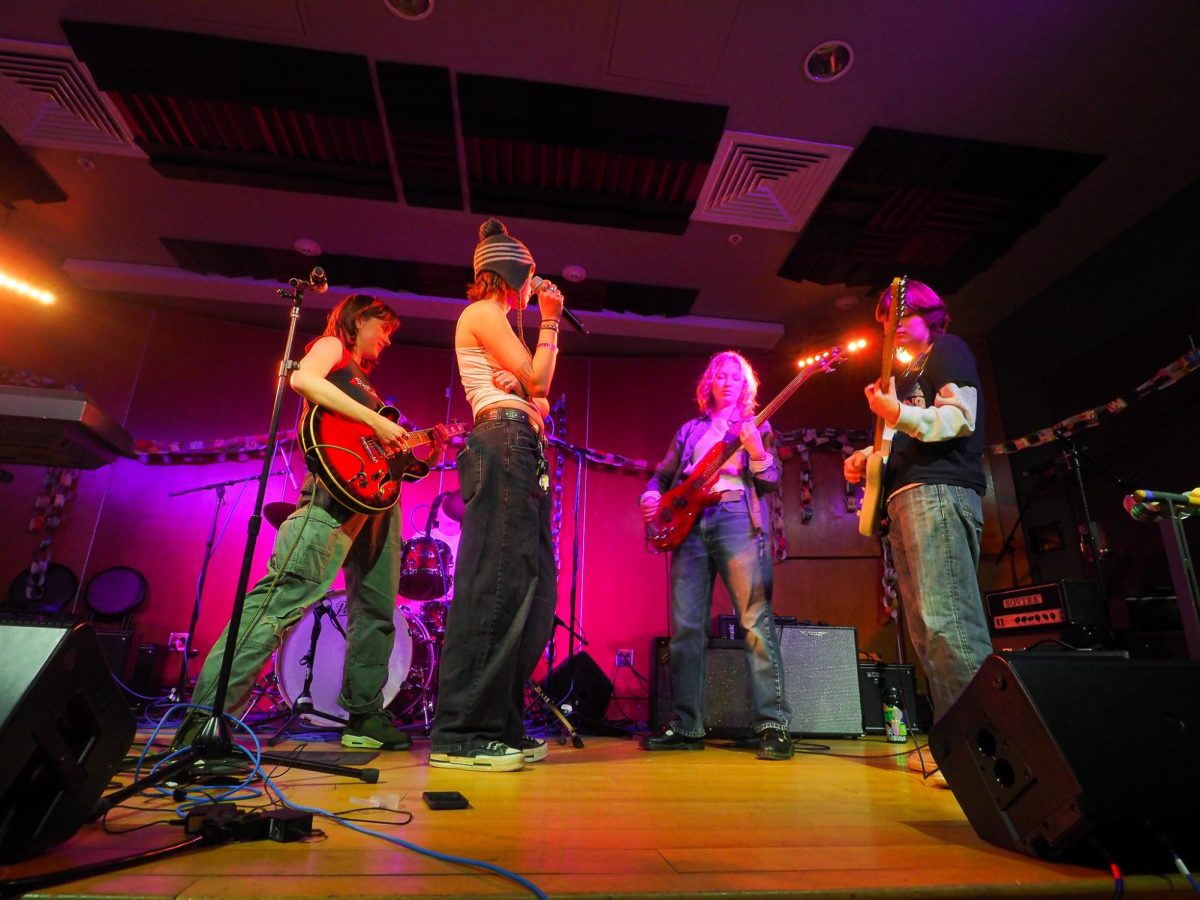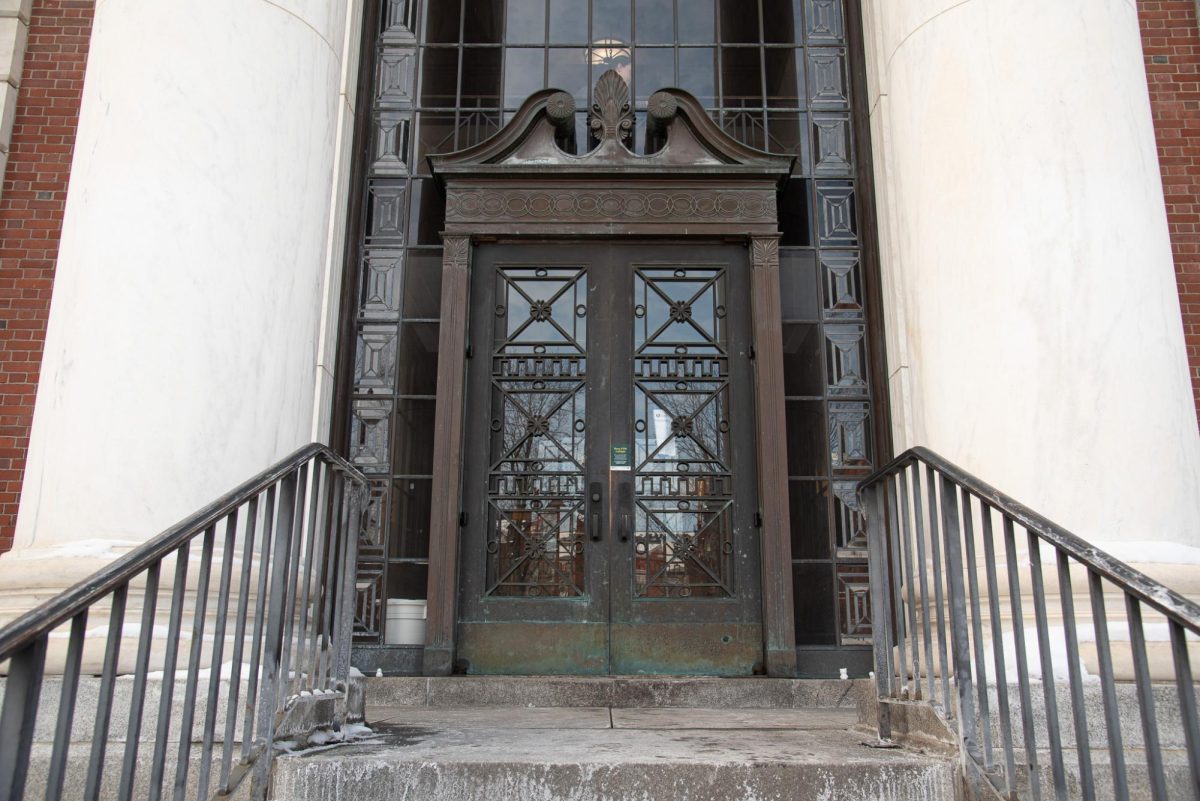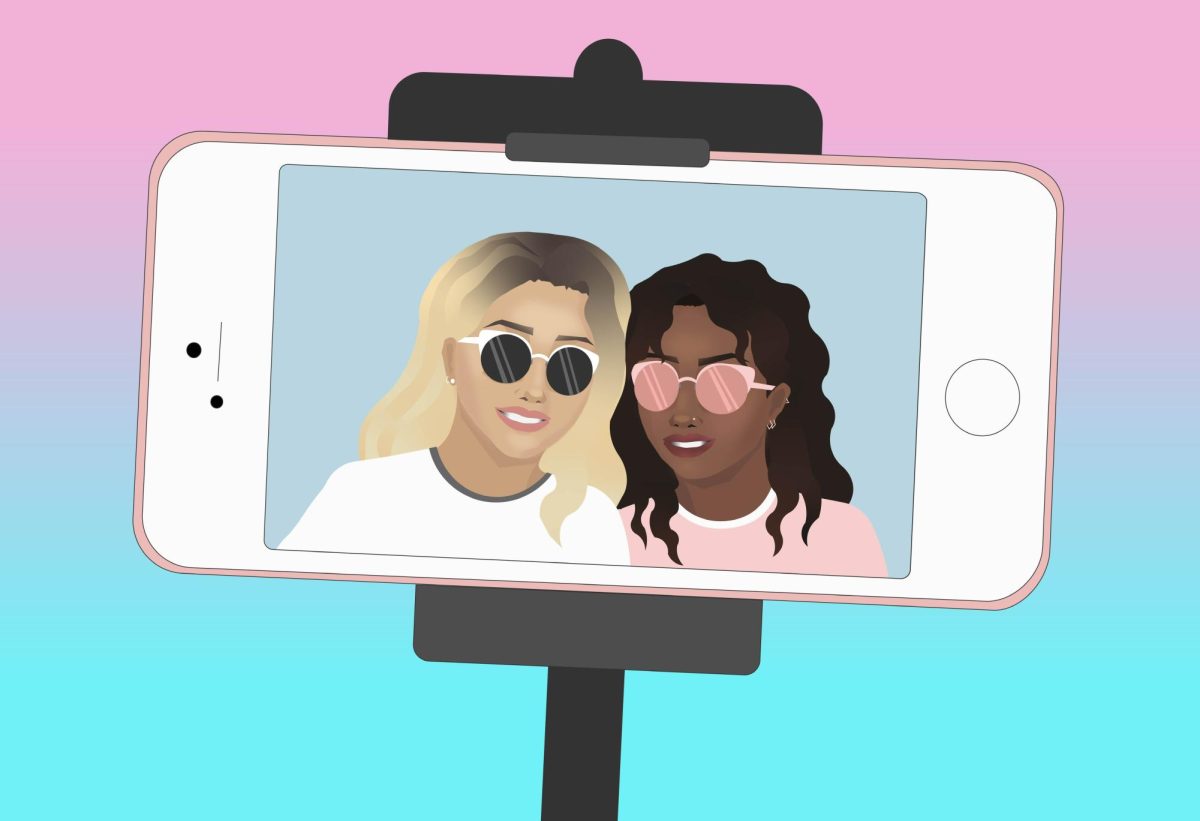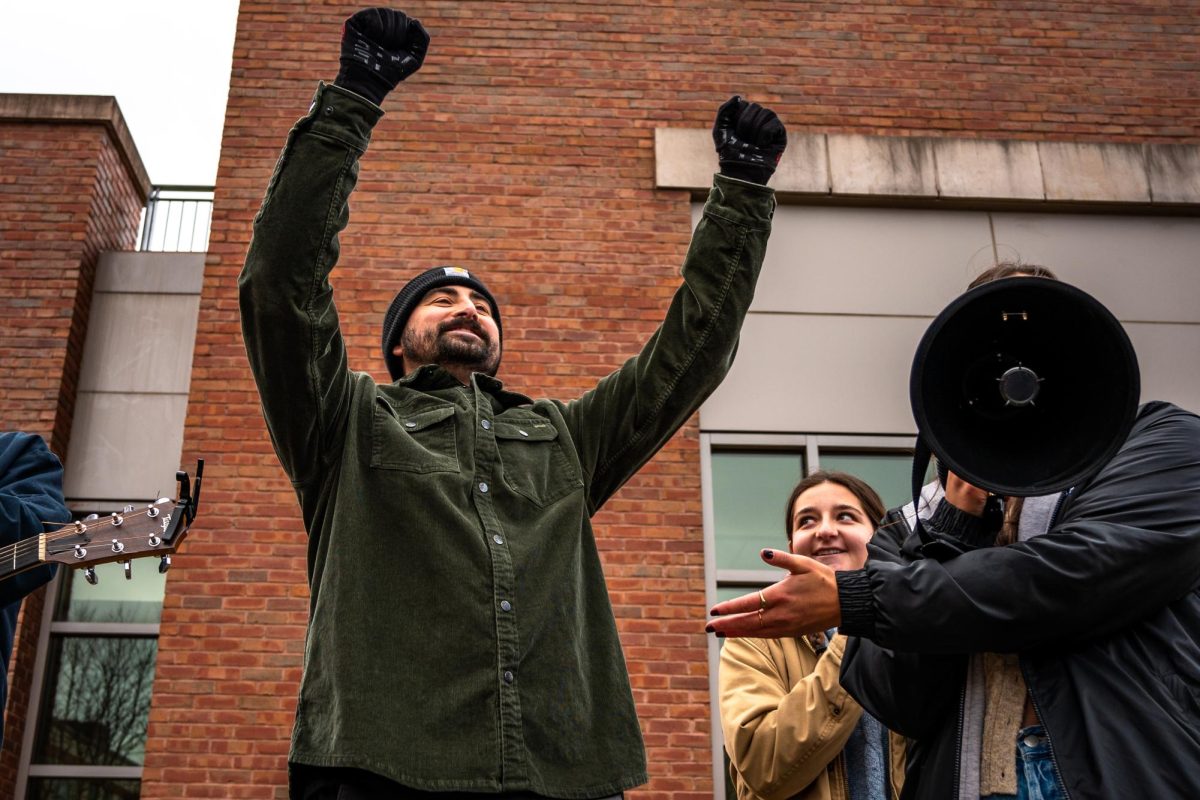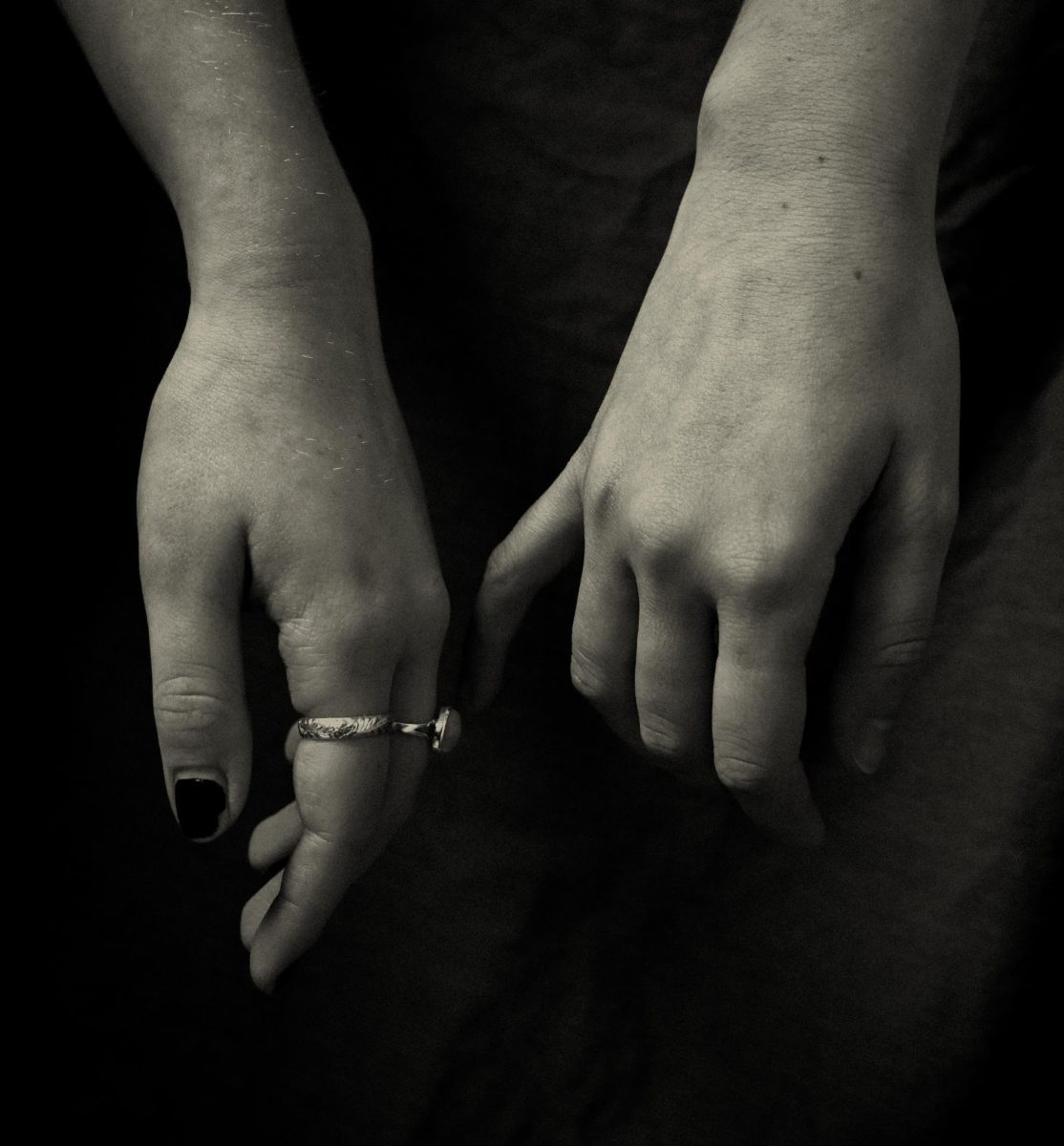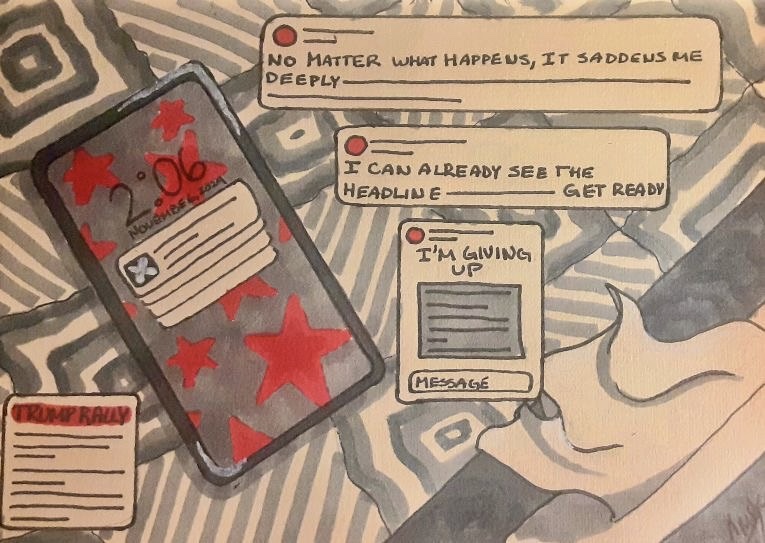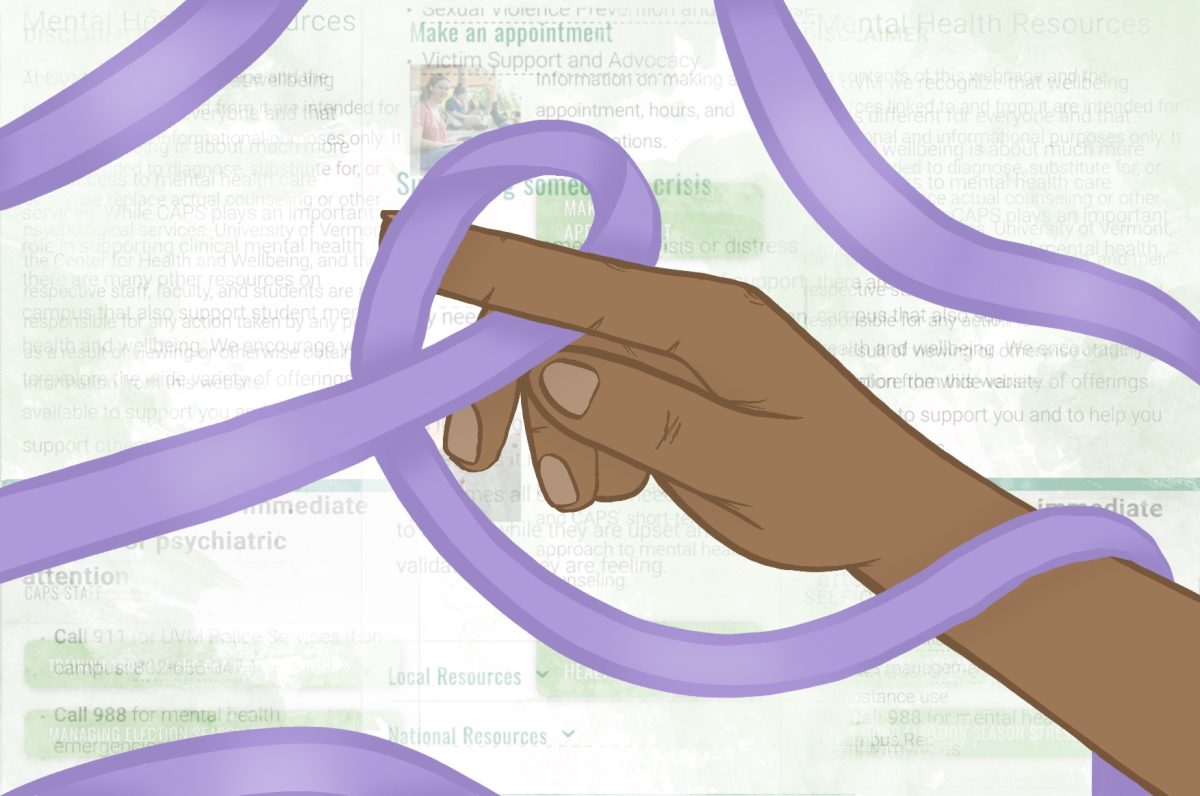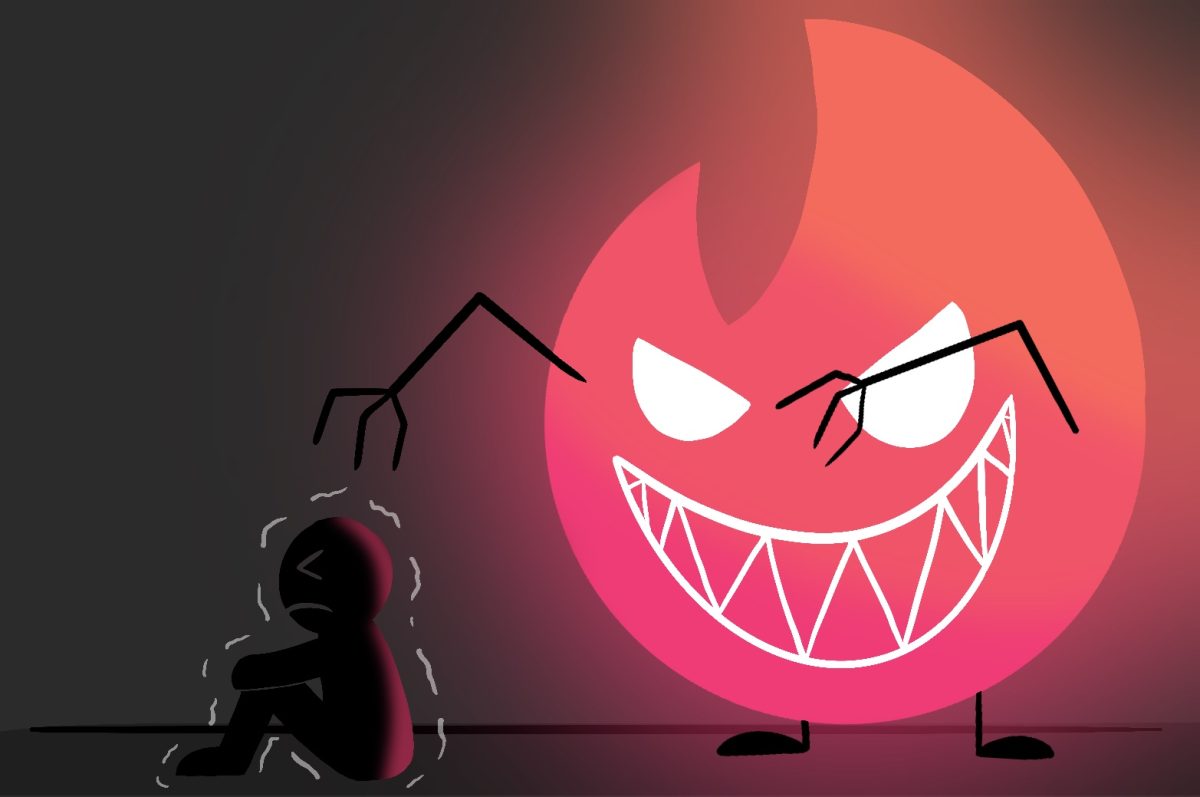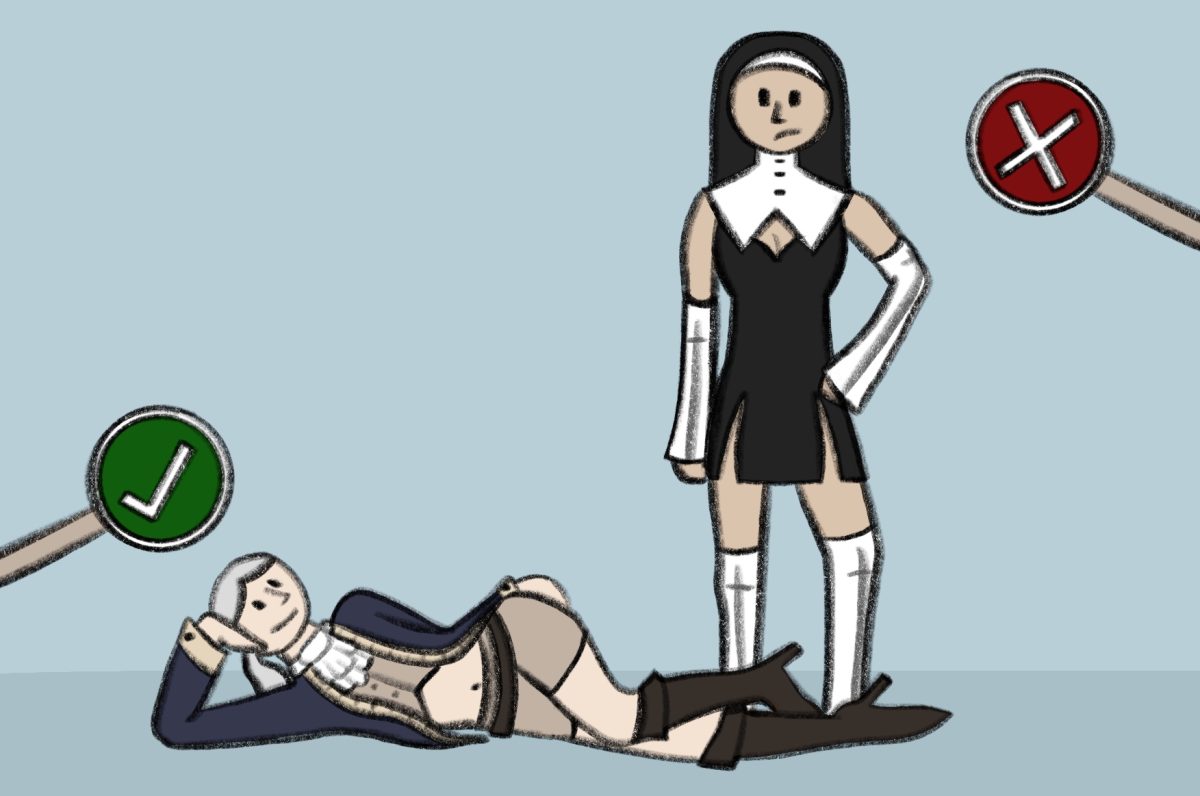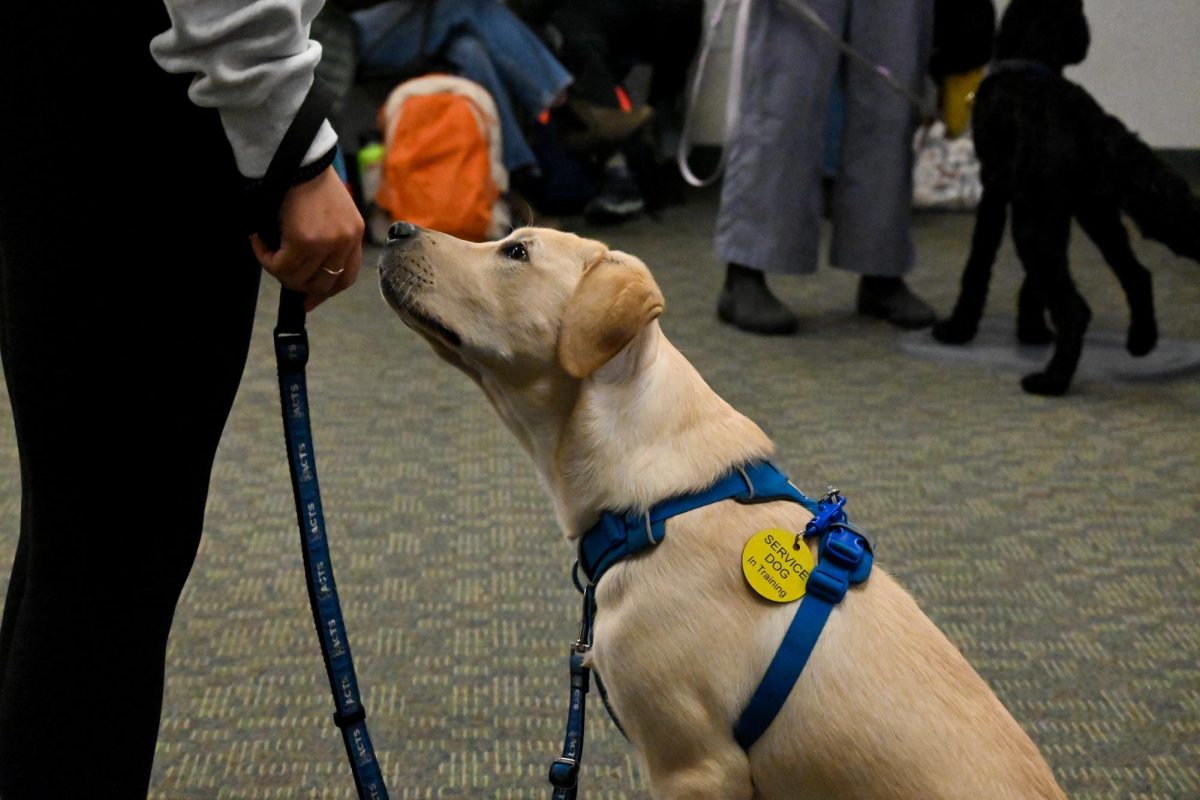As the winter months quickly approach, some students are bracing for the onset of seasonal affective disorder.
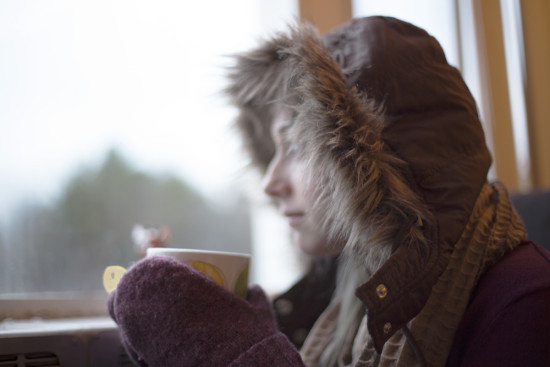
“SAD is a form of clinical depression, where people experience bouts of depression in the fall [and] winter months, and feel pretty great in the spring [and] summer months,” said Jennifer Mahon, a doctoral candidate working in the clinical psychology program at UVM.
Ten percent of Vermonters experience SAD, Mahon said.
First-year Jess Figgie said she has never been diagnosed with SAD but experiences the symptoms come winter.
“February is the hardest month to get through,” Figgie said. “The weather seems to slow time.”
This type of depression is most common at colleges in the northeast and is most prevalent in women, according to a Nov. 13 USA Today article.
“Symptoms can include fatigue, weight and appetite changes, oversleeping, loss of interest in hobbies and social activities, difficulty concentrating and low mood,” according to psychology professor Kelly Rohan’s “Winter Blues” study.
As many as six out of 100 people in the United States may have SAD, according to the UVM Winter Blues site.
“People with SAD meet clinical criteria for a depressive episode, which means they experience depressed or down mood most of the day, everyday, for at least two weeks,” Mahon said.
Rohan is combatting the issue by researching light therapy and cognitive behavior therapy, also known as talking therapy, as a form of treatment.
In her study, published in the American Journal of Psychiatry and later featured in the Washington Post, it is shown that although affected individuals see improvement when exposed to light of specific wavelengths through a light box, CBT is more effective for the long-term.
“It creates a kind of toolbox approach, in that the person has skills that they can draw from in the future to try to fortify themselves against relapse,” Rohan said.
LivingWell, located on the first floor of the Davis Center, focuses on the education and outreach for issues such as SAD.
Although the light boxes mentioned in Rohan’s study are not available at LivingWell, the Mind-Body Wellness Program is there to promote mental health.
“LivingWell’s yoga programs are just what I need if the weather or stress is getting me down,” first-year Catina Accardi said.
“This program offers opportunities to learn to become more focused, relaxed, self-aware and self-compassionate. Free drop-in meditation groups, gentle yoga groups and retreats are available throughout the academic year,” according to the website.
UVM Counseling and Psychiatry Services is the University’s main resource for mental health concerns.
CAPS counselors are available to help guide students through the winter months.



